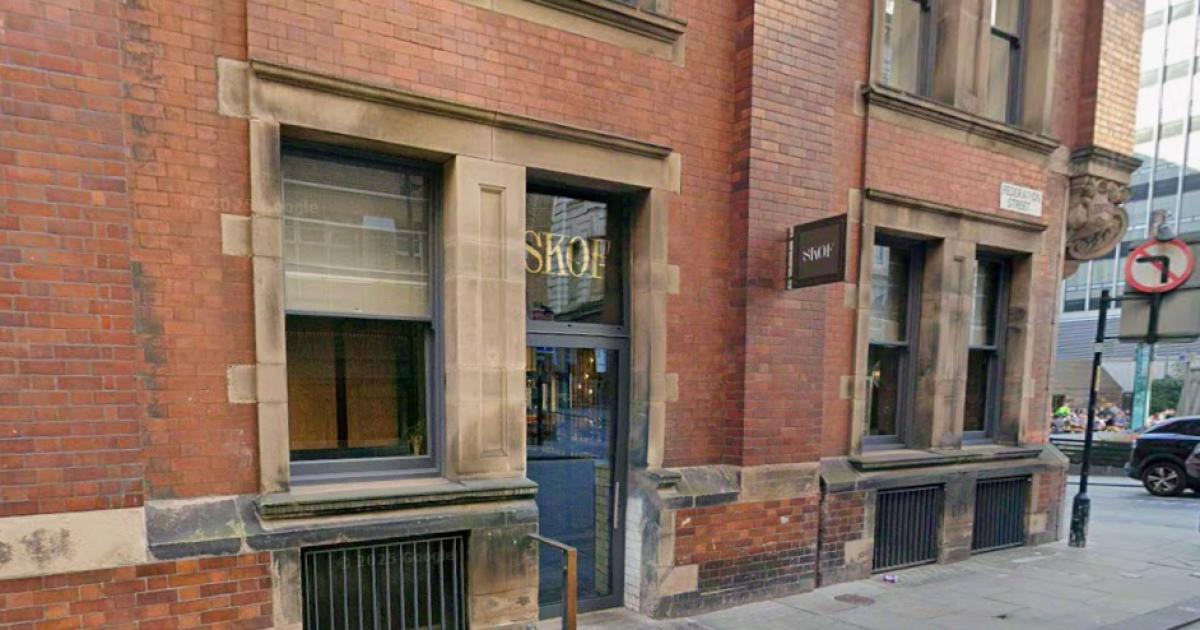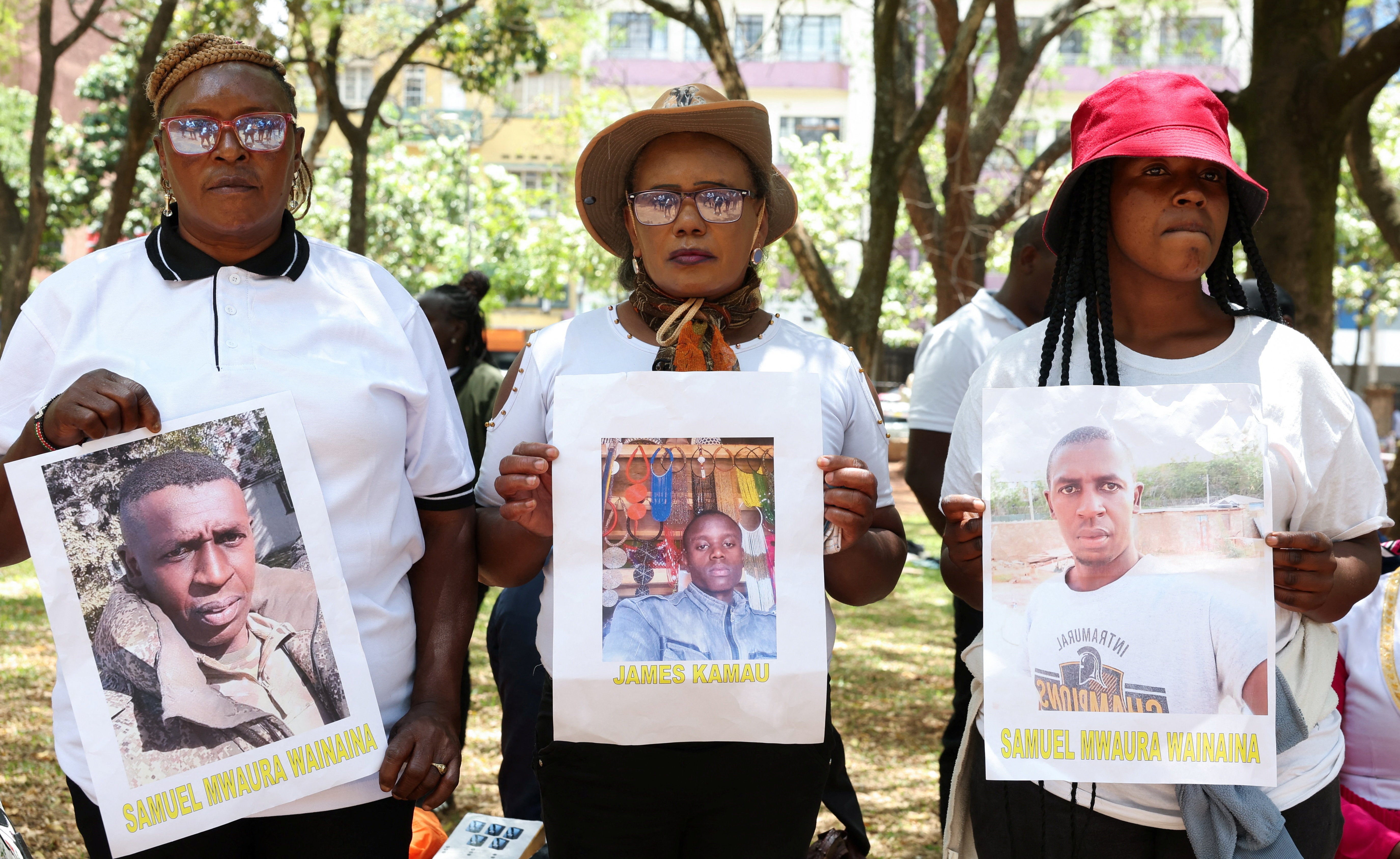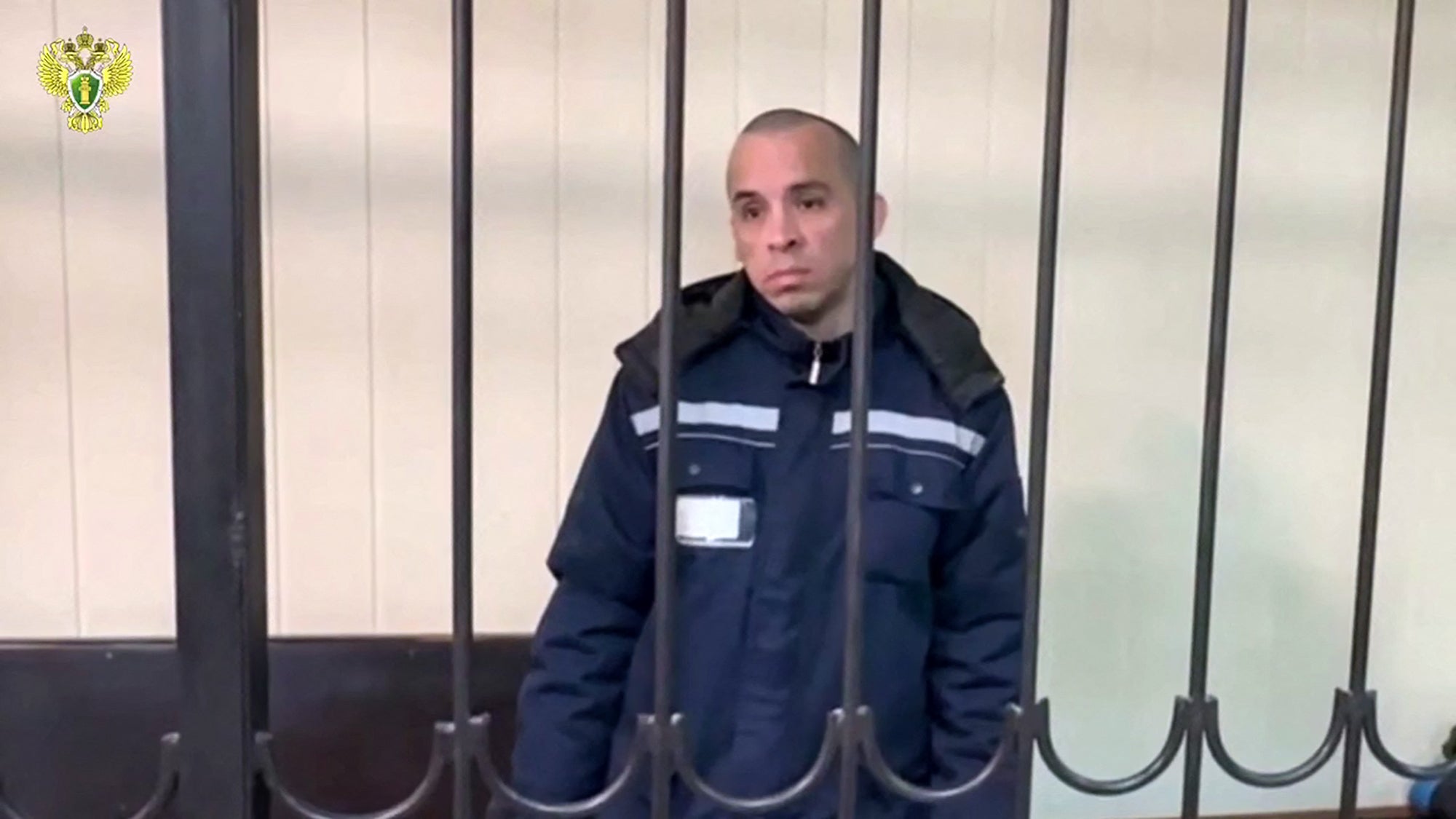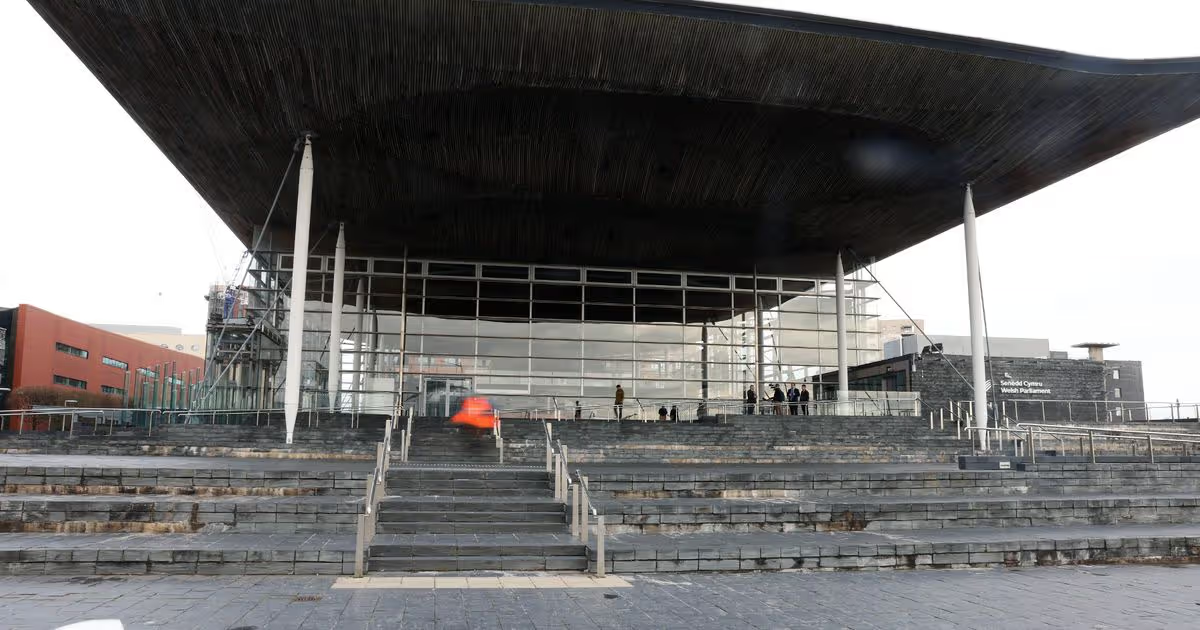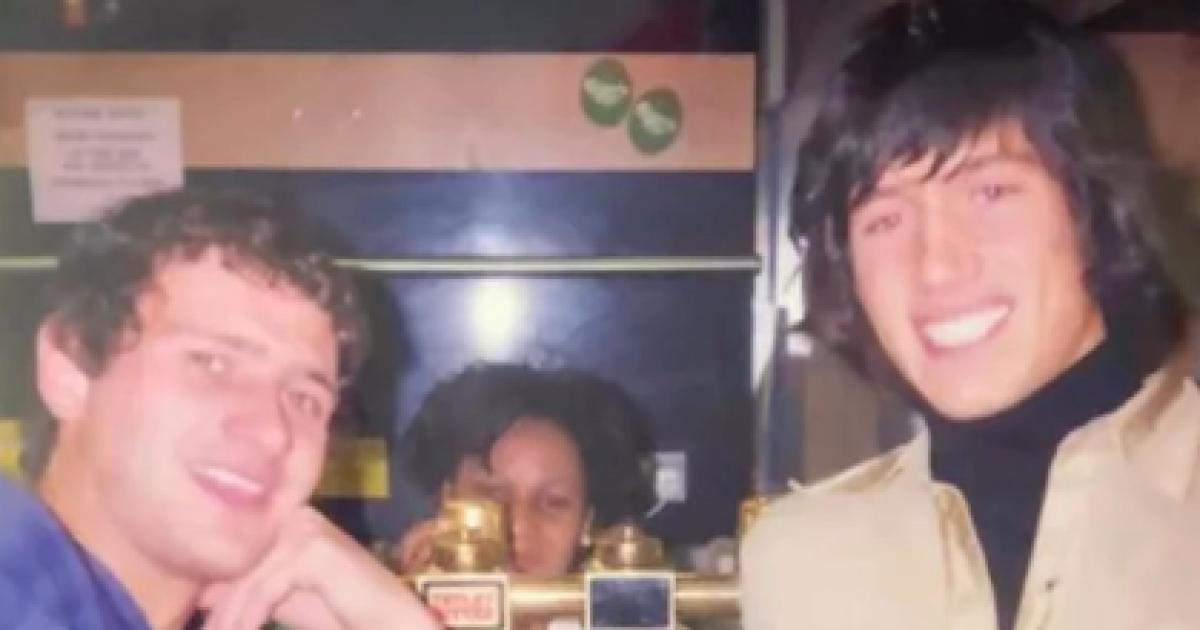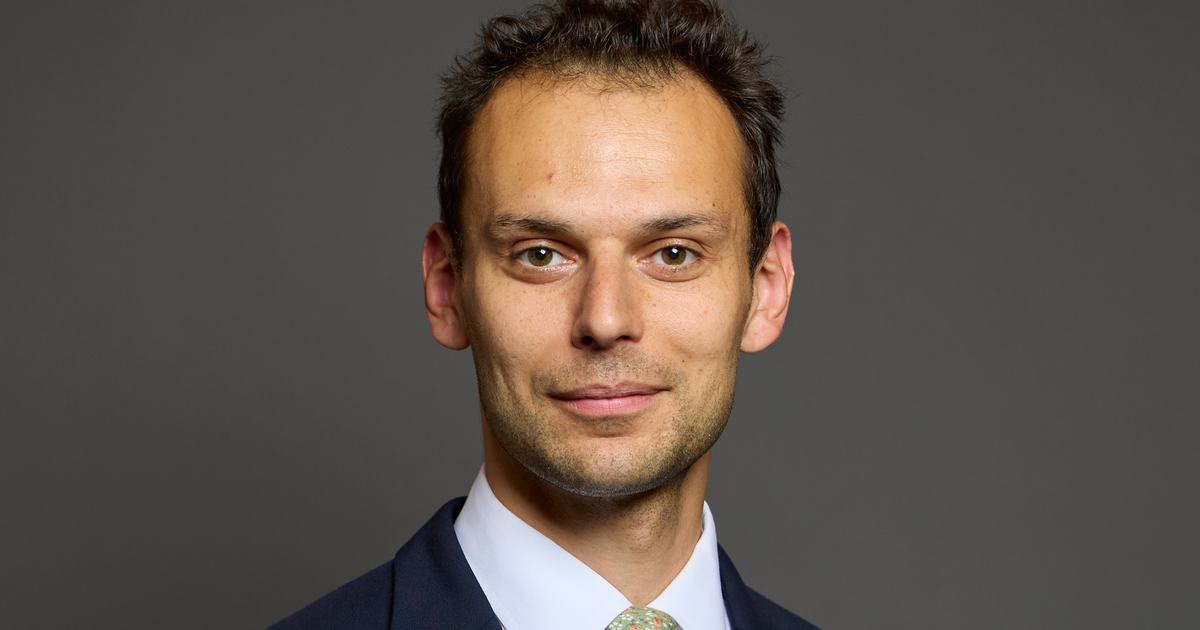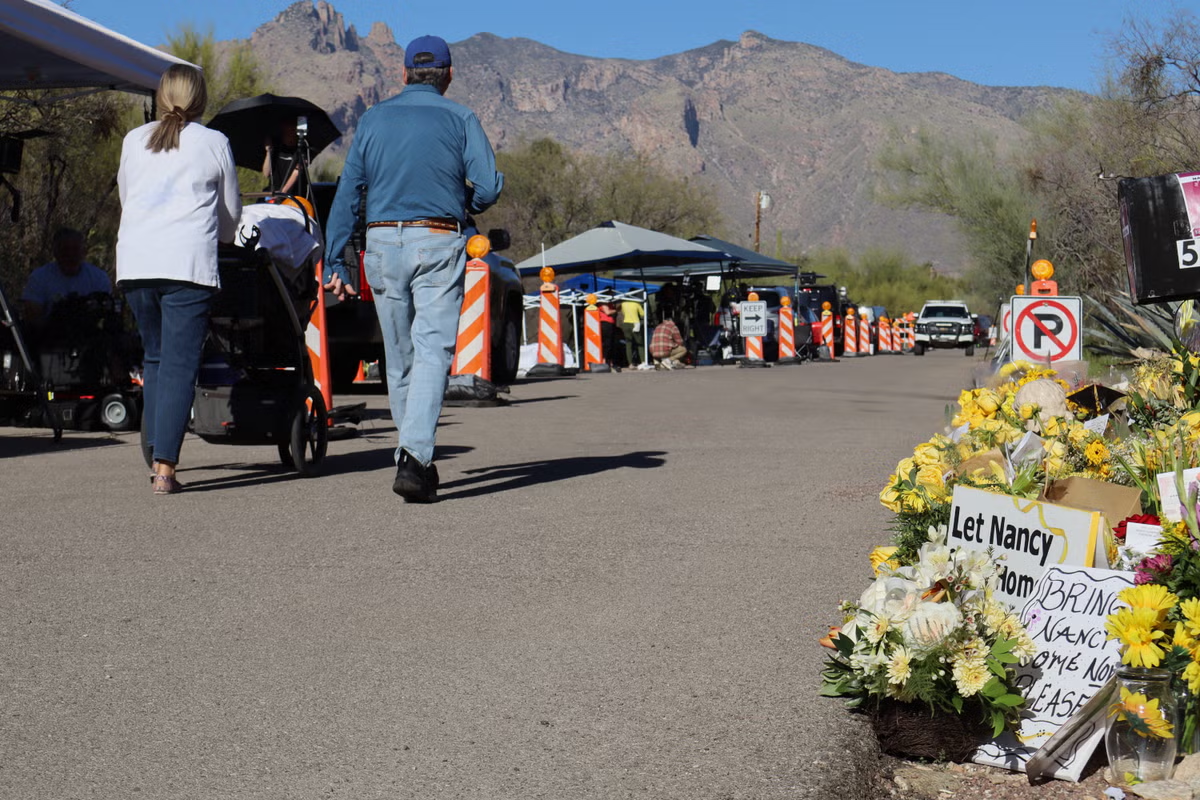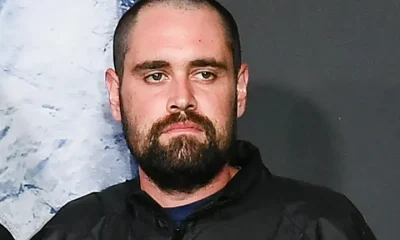The vote could have huge ramifications to a law which has hugely passionate supporters and objectors
Today (February 24) Senedd members in the Welsh Parliament will debate the assisted dying law. The law would allow adults who are terminally ill, subject to safeguards and protections, to request and be provided with assistance to end their own life.
It is a UK law which has to be passed by Westminster, and not directly a matter devolved to Wales but it does have an impact on areas of politics which are devolved to Wales so a vote has to take place here too.
There are often occasions where this happens, and the Senedd vote is a formality, but this one is expected to be different. Not just because of the magnitude of the law, if it passes, but also what it will mean if it doesn’t pass. For the biggest stories in Wales first sign up to our daily newsletter here
The vote on Tuesday will be seen as important and historic, but it’s important to remember – as we explain below – this isn’t a vote on Senedd members personally backing or opposing the introduction of assisted dying, it is a vote on the legal rules around how the devolved and Westminster administrations could enact it.
What would this change?
Currently it is a criminal offence, because of section 2 of the Suicide Act 1961, to intentionally assist or encourage the suicide or attempted suicide of another person. This law would mean that it would not be an offence if someone assists a terminally ill adult to end their life in accordance with procedures set out in the law.
It would mean neither the registered medical practitioner, nor any other person who supports the terminally ill person to seek assistance under the Act, faces criminal liability for doing so.
It would amend the Suicide Act 1961 and regulate the assistance given to someone.
What is happening with the law?
The law, formally known as the Terminally Ill Adults (End of Life) Bill, would allow adults who are terminally ill, subject to safeguards and protections, to request and be provided with assistance to end their own life.
The bill has made it through all the stages of the House of Commons, passing the final reading by 314 votes to 291 in June 2025.
It is now being debated by the House of Lords and that process is not yet completed. More than 1,100 amendments have been tabled- a record number for this stage – and that process is ongoing.
What is happening in Wales?
The Senedd does not have the powers over to legalise assisted dying itself as the law is part of the Suicide Act 1961. Although suicide itself is no longer a criminal act, it remains a criminal offence for a third party to assist or encourage another to commit suicide.
But because this this is a law which has an impact on areas devolved to Wales – like health – there will be a vote in the Senedd on what’s called a Legislative Consent Motion (LCM).
A LCM is a formal vote used by the Senedd when Westminster legislates on devolved matters, it is politicians here in Wales giving their consent for a piece of legislation to also apply in Wales.
Although not legally binding, there is a convention which is that the UK Parliament will “not normally” legislate on devolved matters without consent from the Senedd. If, for example, the Senedd didn’t give its backing it would be quite a big deal if Westminster then overruled the will of devolved politicians.
What would the law mean in Wales?
Welsh health minister Jeremy Miles has said the law will mean Welsh Ministers will need to make regulations to make provision about voluntary assisted dying services in Wales, and that they will need to ensure that anyone involved in assisted dying can do so via the Welsh language.
The Welsh Government would only be able to implement assisted dying through the NHS if the Senedd agrees. When Mr Miles was asked to clarify what role the Senedd and Welsh Government have, he was asked by Senedd health committee chair Peter Fox whether NHS Wales can offer assisted dying, fall within devolved health powers: “If they are not made by the Welsh Government and consequently approved by this Senedd, the NHS in Wales will not be able to provide assisted dying services – is that the case?”
“That is correct,” Mr Miles replied, also saying that without NHS provision, assisted dying could become available in Wales through the private sector.
The Senedd’s health committee had looked into the law, saying it had taken a neutral position but it thought there would need to be a “wide-ranging public consultation” with people about the law, and for all Senedd committees to be given time to look at the regulations. For our free daily briefing on the biggest issues facing the nation, sign up to the Wales Matters newsletter here
They also expressed concern about long-term impact on palliative and end-of-life care in Wales if the law came into force.
The LCM includes things specific to Wales, including that people can give information, have assessments, and get reports in Welsh; that Welsh ministers will be able to give guidance specific to Wales, allowing the Welsh healthcare system (including the NHS) to provide assisted deaths.
If it does not pass, then it would not block the law, alter eligibility, nor delay implementation but it could mean those Welsh-specific elements are withdraw, and there will not be a Wales-specific service.
Instead, it could mean only private firms deliver assisted dying services in Wales for a fee; Welsh residents could have to travel to England for both assessment and if they continue to an assisted death and there will be no specific Welsh clinical guidance or tailored oversight reflecting Welsh communities and health needs.
Why does the LCM matter?
Supporters of the law say that if the LCM does not pass it will result in a difference in the way this could be offered between England and Wales. For example, the Humanists say: “For over 50 years, abortion was legal in England, Scotland, and Wales, but not in Ireland or Northern Ireland, leading to a quarter of a million women travelling, often alone, to access it.
“This type of injustice risks being repeated between England and Wales if Welsh politicians vote down assisted dying proposals – as then, people will need to travel to England to have the procedure on the NHS. Humanists UK and My Death, My Decision are urging politicians to give terminally ill Welsh people the same options and choices that hundreds of thousands of dying people have around the world.”
They say the abortion ban disproportionately impacted people on low incomes, those living in remote areas, or socially vulnerable people and if assisted dying becomes available only through private providers or by travelling to England, people on lower incomes will face the greatest barriers.
Graham Winyard, director of campaign group “My Death, My Decision”, agreed: “It would be deeply unjust for people in Wales to be denied access to assisted dying through the NHS while people in England are supported to die on their own terms. Without NHS provision, those who cannot afford private services ,or who are too unwell to travel, may be left without any meaningful choice at the end of life.”
Ensure our latest news and sport headlines always appear at the top of your Google Search by making us a Preferred Source. Click here to activate or add us as Preferred Source in your Google search settings
What do opponents say?
Those who oppose the law say there has been “inadequate” oversight of the bill and that it “undermines devolved independence in healthcare and poses unacceptable risks to patient safety and equity”. They say the law is “deeply flawed” – they are all quotes from a letter signed by 250 healthcare professionals sent to Senedd members ahead of the key vote.
It says: “We have worked across the nation with vulnerable patients, and in under-resourced health and social care services. Those who are distressed as they face a terminal illness deserve better. unachieved. We know that care provision currently fails too many, but this Bill is not the answer.”
The medics argue that the Bill “fails to recognise the risks from mistaken diagnosis or misinformation. Accurate prognostication is impossible…. Patients will be eligible to access lethal drugs if they feel a burden or because of a lack of services. Coercion is often covert and difficult to detect, particularly when undue influence comes from family or from a person with authority.”
You can read their comments in full here.
How many people would it impact?
An assessment by the UK Government was based on people being able to access it from October 2029, and working on financial years would mean between 17 and 80 people in Wales would likely apply in that year. By its tenth year, between 106 and 462 people would apply.
In terms of those having assisted deaths, in the first year, it would be between 10 and 48, by 2039, that would be 63 to 277.
What would it cost?
The impact assessment says that very roughly it would cost between £26,000 and £123,000 in the first six months, and between £163,000 and £716,000 by the tenth year (2039).
What do the governments say?
Both the UK and Welsh governments have adopted a “neutral” position.
How will Senedd members vote?
We don’t yet know how anyone will vote on January 20, but we’d expect the parties to give their members a “free vote” meaning they do not have to follow a party position. In October 2024, Senedd members did take part in a vote but it was symbolic and not legally binding.
However, that vote, which 19 members backed, 27 opposed and nine abstained on, was not quite the same as the law making its way through the Commons and it was about the whole concept of legal dying, not the legislative rules around it, as this is.
In that most recent vote, First Minister Eluned Morgan and Wales’ health minister Jeremy Miles both voted against.

